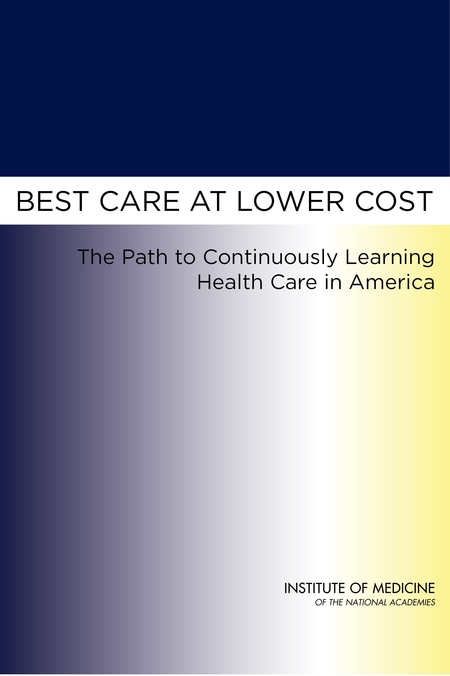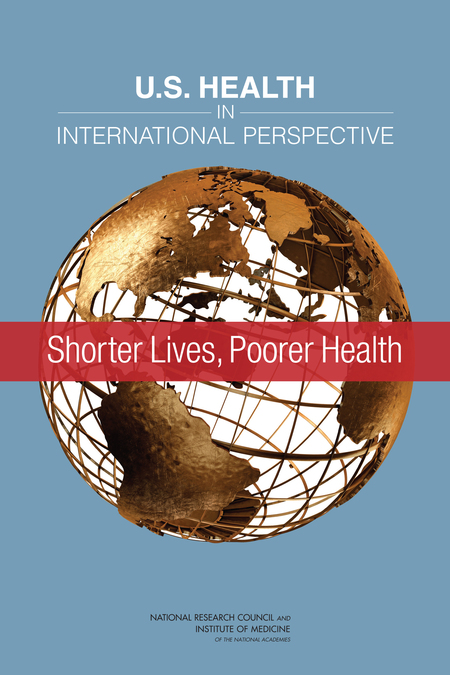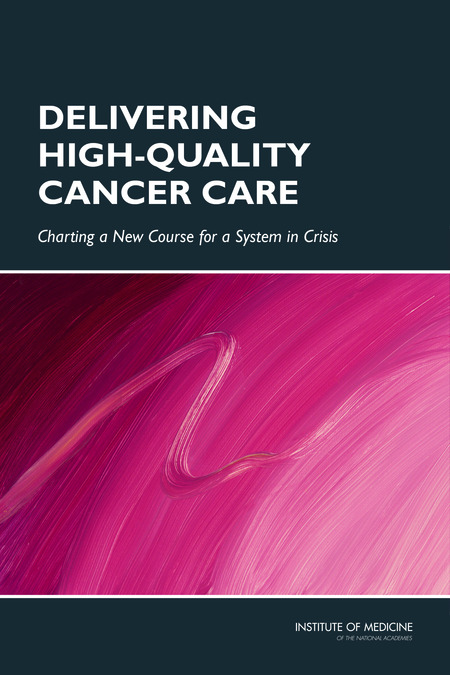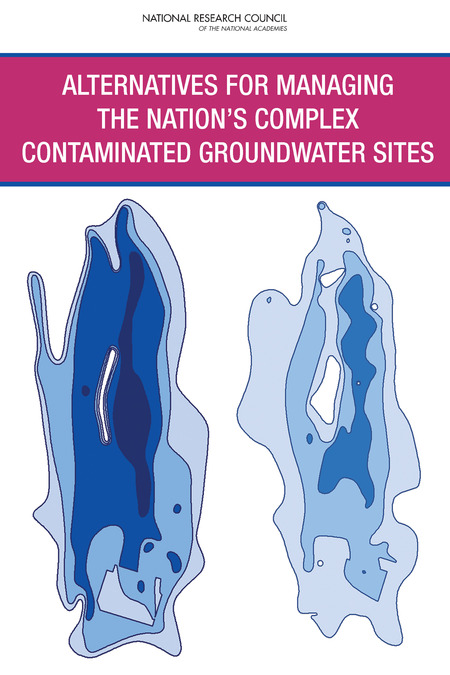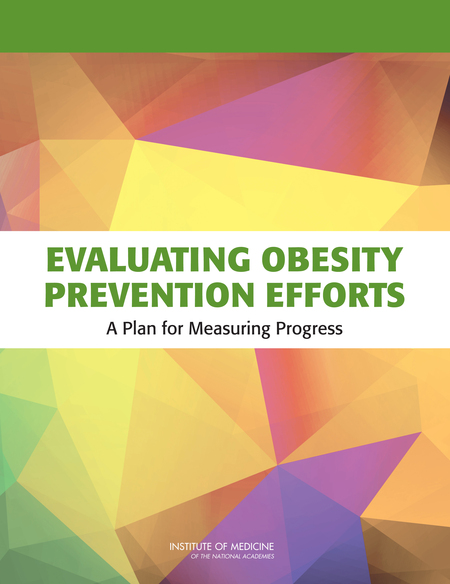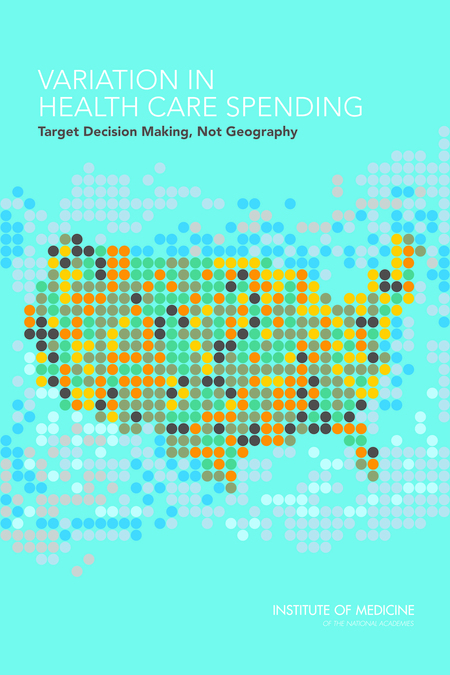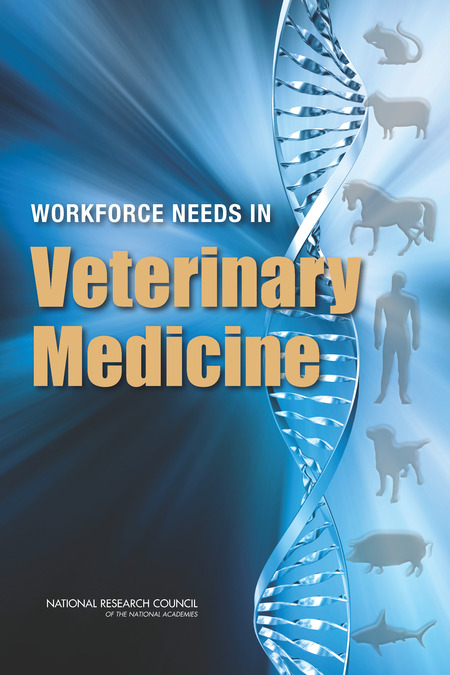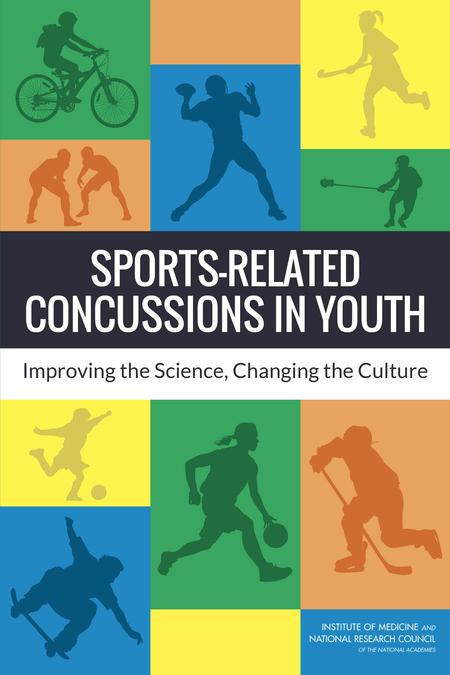As we approach the end of the year, we’re taking a quick look back at the best selling books that were released in 2013. In just the top 20 titles of the year, we can see the incredible variety of topics covered in the reports of the National Academies, including education, cancer care, preventing obesity, alternative vehicles and fuels, veterinary medicine, data, solar and space physics, veteran’s health, mathematical sciences, climate change and sports-related concussions.
Our list, ranked from our #1 top seller of 2013, is below. When you’re done looking through the list, take a little time to browse through all of the topics we cover.
1. Next Generation Science Standards: For States, By States
Next Generation Science Standards identifies the science all K-12 students should know. These new standards are based on the National Research Council’s A Framework for K-12 Science Education. The National Research Council, the … [more]
2. Best Care at Lower Cost: The Path to Continuously Learning Health Care in America
America’s health care system has become too complex and costly to continue business as usual. Best Care at Lower Cost explains that inefficiencies, an overwhelming amount of data, and other economic and quality barriers hinder progress … [more]
3. U.S. Health in International Perspective: Shorter Lives, Poorer Health
The United States is among the wealthiest nations in the world, but it is far from the healthiest. Although life expectancy and survival rates in the United States have improved dramatically over the past century, Americans live shorter lives … [more]
4. Delivering High-Quality Cancer Care: Charting a New Course for a System in Crisis
In the United States, approximately 14 million people have had cancer and more than 1.6 million new cases are diagnosed each year. However, more than a decade after the Institute of Medicine (IOM) first studied the quality of cancer care, the … [more]
Every year, the Global Forum undertakes two workshops whose topics are selected by the more than 55 members of the Forum. It was decided in this first year of the Forum’s existence that the workshops should lay the foundation for future work of … [more]
6. Reforming Juvenile Justice: A Developmental Approach
Adolescence is a distinct, yet transient, period of development between childhood and adulthood characterized by increased experimentation and risk-taking, a tendency to discount long-term consequences, and heightened sensitivity to peers and … [more]
7. Alternatives for Managing the Nation’s Complex Contaminated Groundwater Sites
Across the United States, thousands of hazardous waste sites are contaminated with chemicals that prevent the underlying groundwater from meeting drinking water standards. These include Superfund sites and other facilities that handle and dispose … [more]
8. Evaluating Obesity Prevention Efforts: A Plan for Measuring Progress
Obesity poses one of the greatest public health challenges of the 21st century, creating serious health, economic, and social consequences for individuals and society. Despite acceleration in efforts to characterize, comprehend, and act on this … [more]
9. Variation in Health Care Spending: Target Decision Making, Not Geography
Health care in the United States is more expensive than in other developed countries, costing $2.7 trillion in 2011, or 17.9 percent of the national gross domestic product. Increasing costs strain budgets at all levels of government and threaten … [more]
10. Transitions to Alternative Vehicles and Fuels
For a century, almost all light-duty vehicles (LDVs) have been powered by internal combustion engines operating on petroleum fuels. Energy security concerns about petroleum imports and the effect of greenhouse gas (GHG) emissions on global … [more]
11. Frontiers in Massive Data Analysis
Data mining of massive data sets is transforming the way we think about crisis response, marketing, entertainment, cybersecurity and national intelligence. Collections of documents, images, videos, and networks are being thought of not merely as … [more]
12. Educating the Student Body: Taking Physical Activity and Physical Education to School
Physical inactivity is a key determinant of health across the lifespan. A lack of activity increases the risk of heart disease, colon and breast cancer, diabetes mellitus, hypertension, osteoporosis, anxiety and depression and others diseases. … [more]
13. Solar and Space Physics: A Science for a Technological Society
From the interior of the Sun, to the upper atmosphere and near-space environment of Earth, and outward to a region far beyond Pluto where the Sun’s influence wanes, advances during the past decade in space physics and solar physics–the … [more]
14. Optics and Photonics: Essential Technologies for Our Nation
Optics and photonics technologies are ubiquitous: they are responsible for the displays on smart phones and computing devices, optical fiber that carries the information in the internet, advanced precision manufacturing, enhanced defense … [more]
As of December 2012, Operation Enduring Freedom (OEF) in Afghanistan and Operation Iraqi Freedom (OIF) in Iraq have resulted in the deployment of about 2.2 million troops; there have been 2,222 US fatalities in OEF and Operation New Dawn (OND)1 … [more]
16. Workforce Needs in Veterinary Medicine
The U.S. veterinary medical profession contributes to society in diverse ways, from developing drugs and protecting the food supply to treating companion animals and investigating animal diseases in the wild. In a study of the issues related to … [more]
17. The Mathematical Sciences in 2025
The mathematical sciences are part of nearly all aspects of everyday life–the discipline has underpinned such beneficial modern capabilities as Internet search, medical imaging, computer animation, numerical weather predictions, and all types of … [more]
18. Sports-Related Concussions in Youth: Improving the Science, Changing the Culture
In the past decade, few subjects at the intersection of medicine and sports have generated as much public interest as sports-related concussions – especially among youth. Despite growing awareness of sports-related concussions and campaigns to … [more]
19. Abrupt Impacts of Climate Change: Anticipating Surprises
Climate is changing, forced out of the range of the past million years by levels of carbon dioxide and other greenhouse gases not seen in the Earth’s atmosphere for a very, very long time. Lacking action by the world’s nations, it is clear that … [more]
20. Using Science to Improve the BLM Wild Horse and Burro Program: A Way Forward
Using Science to Improve the BLM Wild Horse and Burro Program: A Way Forward reviews the science that underpins the Bureau of Land Management’s oversight of free-ranging horses and burros on federal public lands in the western United … [more]

